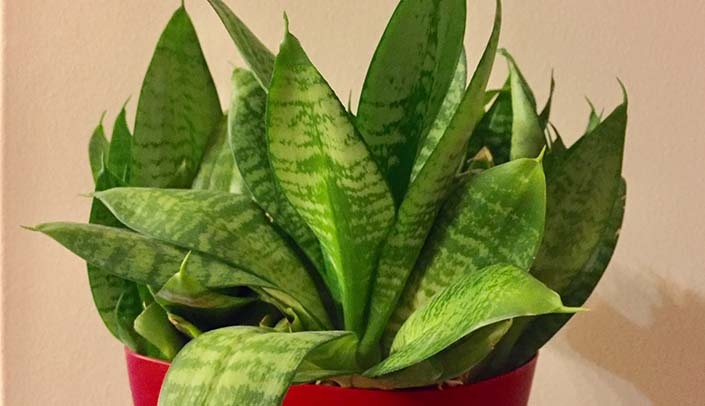From work to school to home, we spend up to 90 percent of our time indoors. While it seems like this would protect you from the pollution outside — and that’s somewhat true — many of us don’t know that the air inside our homes is two to five times more polluted than the air outside.
Formaldehyde. Benzene. Trichloroethylene. Toluene. Methylene chloride. They come from plywood and pressed-wood products, furniture, carpeting, cigarette smoke, new permanent-press clothing, paints, adhesives, and solvents. Even tightly closed paint cans leak VOCs (volatile organic compounds). These chemicals worsen asthma and other lung ailments and have been shown to cause cancer. They can build up in our homes and this is amplified during the winter months as doors and windows are kept closed.
Even our cleaning products can be hazardous. Products containing VOCs and other toxic substances can include:
- aerosol spray products;
- air fresheners;
- chlorine bleach (with heat it vaporizes to form chloroform, mixed with ammonia it forms chlorine gas);
- detergents;
- dry cleaning chemicals;
- rug and upholstery cleaners;
- furniture and floor polish; and
- oven cleaners.
In warm weather we can open windows to ventilate, but what can we do in the winter?
New carpeting, furniture and pressed-wood products should be aired for 72 hours in a large, well-ventilated space before being installed, and permanent press clothing should be washed before it is worn.
Formaldehyde is used in some cosmetics, dish soaps, medicines, leather treatments and fabric softeners. Read the label before purchasing, look for certified-free products, and ventilate indoor spaces, particularly when using any product containing formaldehyde or other chemicals.
Check out the Environmental Working Group’s interactive guide for information on specific spaces, categories, and items. You also can check out LiveGreen’s cleaning page on Pinterest for natural cleaning recipes and tips.
Don’t forget the plants! Many houseplants are known to take in and store these harmful chemicals while releasing pure oxygen for you to breathe. Having plants around has been shown to lower blood pressure, reduce stress, add humidity, increase happiness, sharpen your focus and mental acuity, and help you recover from illnesses faster, just to name a few.
Here are some of the best houseplants that help clear the air of toxic chemicals:
- Peace Lily;
- Warneck Dracaena;
- Spider plant;
- Aloe;
- Pothos;
- Snake plant/Mother-in-Law’s Tongue; and
- ZZ plant.
Most are easy to care for and survive in low light and low water (i.e. neglect) environments. For more information about air cleaning houseplants, click here.
